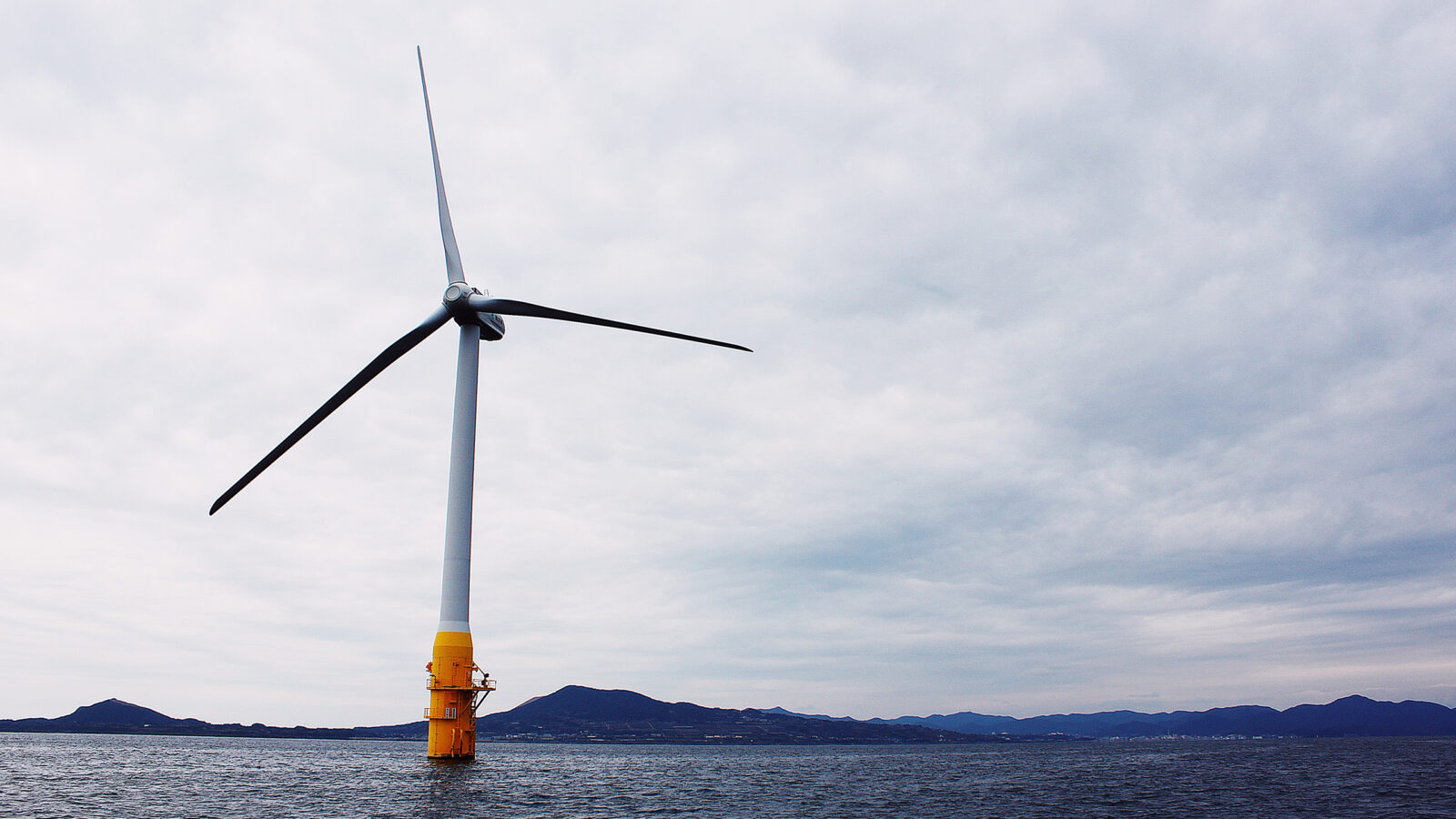Good morning.
This is the one trend TikTok was hoping to avoid.
President Biden signed a bill on Wednesday requiring TikTok to find a new owner for its US operations within one year or get banned. Over two administrations lawmakers have argued the social media app, owned by China-based ByteDance, is sending Americans’ user data to Beijing, constituting a national security threat. The company says any ban would infringe upon users’ First Amendment rights. Funnily enough, President Biden will continue using the short-form video app to promote his political campaign in the lead-up to this year’s election. Always got to be thinking about those young voters, right?
Business Groups Sue FTC Over New Noncompete Regulations
Corporate America is feeling lackadaisical about competition.
Just a day after the Federal Trade Commission issued a measure prohibiting companies from enforcing noncompete clauses on any employees but top-level executives, the US Chamber of Commerce and Texas-based consultancy firm Ryan LLC separately sued the regulator, arguing it had overstepped.
One of Us, One of Us
Noncompete clauses (NCCs) are agreements that prevent employees from working for a competitor during — and oftentimes after — their employment for an extended period. In many cases, NCCs also keep former employees from immediately starting their own businesses.
Enforcement is at the issuing company’s discretion — for example, Amazon doesn’t sue every person who immediately takes a job at a rival company, but it has pursued litigation against multiple former employees who jumped ship to Google. As a sort of prelude to the FTC’s new rule, Microsoft did away with NCCs for all except senior employees in 2022.
Businesses say NCCs protect intellectual property, trade secrets, and proprietary information, but the FTC argues that NCCs are exploitative, stifle innovation, prevent the creation of new business, and cost workers in both pay and benefits:
- Roughly 1 in 5 Americans are subject to NCCs, according to the FTC. That can extend to tradespeople or low- and mid-level employees who possess wildly disparate levels of knowledge about a company. It’s not just Big Tech or Wall Street that issue NCCs; they’re quite popular in the hair styling industry, too.
- The FTC estimates its ban on NCCs will help create 8,500 new businesses a year, increase average worker wages by $524 per year, lower healthcare costs by $194 billion over the next decade, and generate between 17,000 and 29,000 more patents each year over the next 10 years.
States’ Rights: A few states including California, North Dakota, Minnesota, and Oklahoma have already banned NCCs, while others have limited their scopes — and that’s pretty much what the US Chamber of Commerce and the Ryan firm are asking for. The Chamber, which represents millions of American businesses but is mostly funded by a small group of donors in Silicon Valley, Wall Street, and Big Oil, argues that regulation should be determined by the states, not the FTC and its Chair Lina Khan, who’s been on a Teddy Roosevelt-like crusade to demonopolize America. The Chamber called the move “not only unlawful but also a blatant power grab that will undermine American businesses’ ability to remain competitive.”
I’ll Just Have One More Cookie…

Famous last words. Between long office days and business travel, maintaining a healthy diet can be challenging and time-consuming.
Fortunately, PhD doctors & scientists from Johns Hopkins, Harvard, Berkeley, and Stanford have joined forces to formulate a simple way to regain your metabolic health (and crush those cookie cravings).
Introducing GLP-1 Probiotic, a multi-strain formula that empowers you to take control of your metabolic health by naturally increasing GLP-1*, an “un-hunger” hormone that helps curb cravings & appetite. Your body already makes this hormone, but now you’ve got the power to boost it to help maintain a healthy weight. Plus, the results speak louder than the food noise– 91% of customers have reported reduced overall food cravings.**
Ready to take back control? Get 20% off your first month of GLP-1 Probiotic or any Pendulum membership with code DAILYUPSIDE.
*Based on preclinical studies
**Based on a consumer survey of 274 people
UK’s Octopus Energy Invests in US Offshore Wind Startup

That should put some wind back in wind energy’s sails.
Octopus Energy, a UK-based renewable energy provider, said Wednesday that it’s investing in Ocergy, a San Francisco-based startup that produces floating offshore wind turbines. The Wall Street Journal reported the investment would be between $10 million and $30 million, which is small potatoes in the grand scheme of energy investments, but it’s a sign of green shoots in a sector that has otherwise endured a fairly devastating financing crisis.
Octopus’ Wind Garden
Octopus isn’t that removed from startup status itself, having been founded in 2015. But despite its size and relative youth, Octopus has a decent toehold in the UK energy market, and last December it bought Shell’s UK and Germany household energy supply division, instantly acquiring an extra 1.3 million UK homes to power, some of which it generates itself. Octopus supplies entirely renewable energy, and it says it manages 260 green energy projects.
With its investment in Ocergy, Octopus is spreading itself beyond the UK and Europe, showing a certain amount of bullishness in a beaten-down sector:
- The wind industry ran into its first real financing crisis in 2023 as logistics and turbine production expenses rose, sending financing costs way up and spooking investors. Multiple projects totaling more than $33 billion in the US and Europe were either put on ice or canceled entirely.
- Despite the doldrums, floating wind farms offer some optimism for the sector, as technological innovations mean they can be built bigger and further out to sea than traditional offshore wind turbines, meaning they can generate more power.
Speed Bonnie Turbine: There aren’t many floating wind farms in the world yet, but more projects are picking up steam. On Monday, the Scottish government signed off on developing what is set to be the world’s biggest floating wind farm, which is planned to start generating energy in 2029. The only slightly un-green element about the project is that its main customers will be oil and gas platforms in the North Sea, The Scotsman reported, and any leftover energy will revert to the UK energy grid.
Gucci’s China Problem Is Testing Investors’ Patience
Shares of Gucci parent Kering fell in European trading on Wednesday after the luxury giant said late Tuesday that it expects its operating income for the first half of the year to tank by 40% to 45%, largely due to sluggish demand in China.
The problem is that several of Kering’s luxury peers aren’t having the same issue.
Brand Battle
This isn’t the first time that Kering has warned about sales in China — the company said just last month it expected first-half sales throughout Asia to fall by 10%, due largely to softness in the Chinese market. However, the company essentially rises or falls with Gucci, which supplies over two-thirds of its operating profit. And Gucci is certainly in flux: It named a new creative director last year, and the company has warned that a turnaround for the brand will take time as the market for luxury goods cools and China muddles through economic doldrums. However, that hasn’t been the experience of several top rivals:
- Fellow French luxury retailer LVMH said last week that first-quarter sales to Chinese customers were up 10%, while sales to the US and Europe were down. Unsurprisingly, LVMH said inflation was “taking its toll” on the “aspirational customer” in the West, while that wasn’t happening in China because “there is no such thing, at least for the time being, as inflation in China,” according to a conference call transcript.
- Meanwhile, Italy’s Prada reported on Wednesday that sales to the Asia Pacific region grew 16% and that an influx of Chinese citizens traveling overseas was also boosting sales in both Europe and Japan.
Fly China: If you thought you were restless waiting for the pandemic to wane, you have nothing on the citizens of China, who are increasingly busting out after three years of strict prevention measures. Take travel: A recent McKinsey report showed that travel to Hong Kong, Macau, Taiwan, and international destinations has now reached 77% of 2019 levels, rising each successive month. McKinsey noted that while spending on property and personal items like clothing continues to fall, spending on higher-priced items like cars and international travel is on the rise. YOLO, the universal post-pandemic language.
Extra Upside
- Sixteen tons and what do you get? Plenty of older Americans are afraid they’ll never be able to retire.
- Stick together: BofA and Goldman Sachs shareholders reject proposal to split CEO and chair positions.
- Hands down, one of the best cards of 2024. This card offers 0% interest on a balance transfer until nearly 2026. That’s almost two years to pay off your balance, sans interest. Plus, you’ll earn 2% cash back on purchases. Learn more & apply today.*
* Partner

